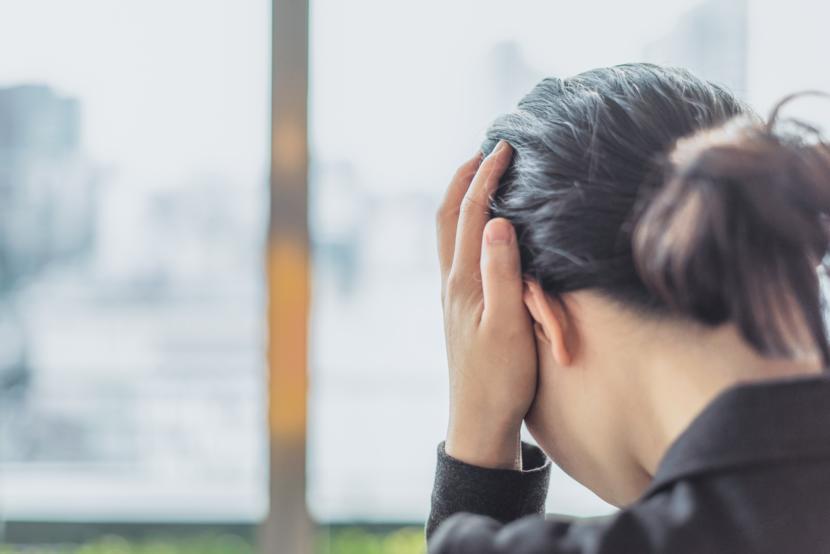Anxiety and Depression: Products of Daily Living or Indicators of Ill Health?

Claudewell S. Thomas, MD, MPH, DLFAPA, is an established psychiatrist who is currently retired ,, He received his medical degree in 1956 at SUNY Downstate College of Medicine and specializes in social psychiatry, public health psychiatry, and forensic psychiatry. Dr. Thomas was board certified by the American Board of Psychiatry... more
A recent national survey revealed that close to 80 percent of Americans associate anxious feelings and sadness with the signaling of a health problem in today's world compared to between 40 and 60 percent in the 1960s.
How are we to interpret this? It is possible that we are less stoic as a people, but it is more likely that we are better informed and more accepting of the ubiquitous nature of mental difficulty and the resources that can be summoned to combat it.
It is also possible that the disorders may have increased prevalence beyond that of prior years, and that would require a societal explanation. As the world shrinks and events are transmitted around the world instantaneously, there has to be an impact. The reliable sources of truth and validation are politicized and unreliable. We are living in a new "Age of Anxiety". Our status as the symbol and standard of Liberal Democracy is in question and we as a nation have little knowledge of what it means to be an Illiberal Democracy.
Health practitioners will see the tensions that are generated in their day to day practices and will have to know what to do in the course of their routine care. When to recommend mental health professionals: Never a simple question, and it is more complicated now.
This is due particularly to anger and fear about our health care system reverberating through the land. Self-restraint is widely required but not as widely available as may be needed. Patients need to remember that their doctors are still their advocates and directing their anger against them helps no one. "Physician Heal Thyself" does not empower the physician to heal the political system.
I spoke to one of the highly competent nurses in a specialist's office the other day. She was anxious about North Korean missiles reaching the continental United States. The threat of personal involvement in nuclear war through miscalculation, deliberate provocation, or otherwise hangs in the air. The current political climate has left all of us in need of mutual support. Your health care provider, still a bulwark of support, could also benefit from a friendly word, and your patience and understanding. A lot of dialogue is occurring in health care language. The death penalty is litigated in terms of the expiration dates of benzodiazepines and barbiturates rather than in terms of aims and costs of "justice". This has to add to patient anxiety when medicines prescribed for expiation are linked to execution and death. Have you experienced a painful reassociation?
The health care professions socialize their practitioners into a value orientation that emphasizes caring and doing no harm. The socialization of the politician prior to taking the oath of office seems more haphazard. Considering that health care is 1/5 of the national budget, it is inevitable that "do no harm" should conflict with party loyalty.
Political belief has minor (not none) influence on a doctor's treatment. But a great influence on a politician's choices. In this new age of anxiety and outright fear, we could benefit as a society from more Hippocratic influence.








